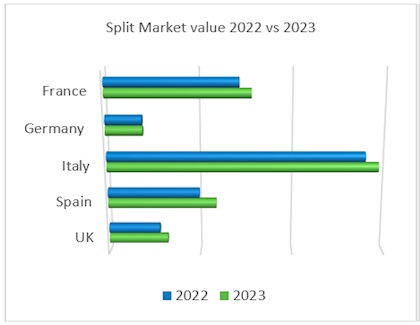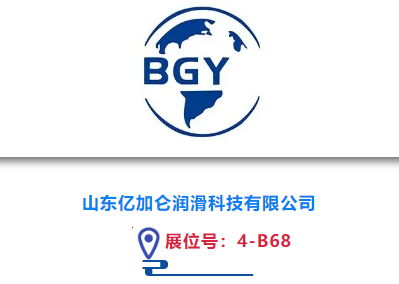ComRes study of 140 EU decision makers in retail sector finds 40 per cent are unaware of changing regulations on refrigerant use
A survey of food retailers across France, Germany and the UK has raised questions over the progress of work being undertaken to shift away from HFC use and broader industry awareness of changing regulations.
Research undertaken by ComRes on behalf of manufacturer Emerson found that 56 per cent of the organisations surveyed had begun work on seeking alternative refrigerants to HFC. This was based on feedback from 140 key decision makers in the three markets surveyed.
However, 40 per cent of respondents said they were not aware of regulatory changes concerning the phase down in HFC availability on the market. Emerson argues that the findings show the retail sector is behind schedule in shifting to alternate refrigerants to meet global obligations.
The manufacturer claimed this was the result of a lack of clarity in regulatory changes and the availability of replacement technology on the market.
The survey’s publication follows an amendment to the Montreal Protocol that was agreed last year in Kigali to ensure HFC use is curbed globally from 2019. This will commence initially in developed nations. Developing nations will then be expected to cut out use of HFCs from 2024.
“One year after the global Kigali amendment to phase-down HFCs, new survey findings from Emerson and international polling company ComRes examine how European retailers are navigating away from HFCs towards lower global warming alternatives,” said Emerson in a statement on the findings.
“The survey asked professionals in the retail sector to comment on their preparedness for and awareness of more sustainable technologies, and the primary challenges associated with the shift away from HFCs.”
The HFC survey was undertaken in August and interviewed 140 professionals responsible for purchasing in the retail sector. This survey group was broken down into 50 respondents in the UK, 50 in Germany and 40 based in France.
Of this group, 81 per cent said they viewed regulatory pressures to curb HFC use as a positive development.
In cases where respondents’ organisations were already looking to phase down HFC use, safety was identified by 57 per cent as a key priority for replacing refrigeration systems. 53 per cent identified energy efficiency as an important driver to move to new cooling systems, with environmental sustainability identified by 48 per cent as a major factor in decision making.
Alternate refrigerants
The survey also looked at preferences for replacing HFCs, with 30 per cent of respondents identifying carbon dioxide (CO2) as the most popular alternative at present. This was followed by hydrocarbons such as propane, and HFOs, according to the survey.
“Despite being the most popular choice however, industry analysis shows CO2 systems could cost a medium-sized retailer as much as €51,000 more per store compared to hydrocarbon integral systems over a 10 year period,” claimed Emerson . “Furthermore while CO2 is a significant improvement over HFCs in terms of global warming potential (GWP), it is found to have lower energy efficiency performance and higher maintenance requirements than other alternatives.”
Operational expenditure was viewed by 43 per cent of the survey group as a pressing challenge in switching from HFC use, with installation disruption seen as a barrier by 33 per cent of respondents.
The study also considered how best to try and better encourage HFC replacement among retailers for lower global warming potential (GWP) options. Depreciation schemes or some form of tax rebate were found to be most popular among the survey group, with 43 per cent saying they would be more encouraged to switch over their operations with such support in place. 40 per cent of the survey group highlighted less expensive low GWP options as a key factor they expect to encourage changeover.






















